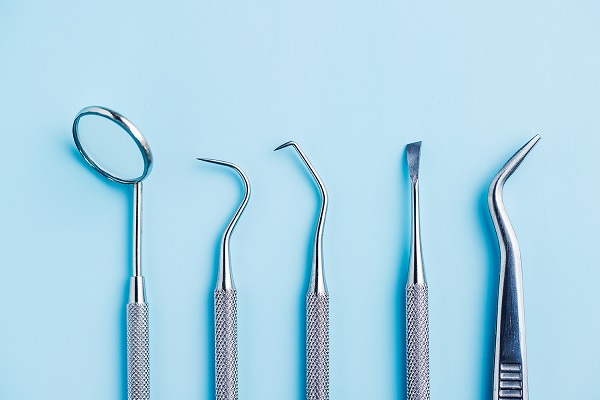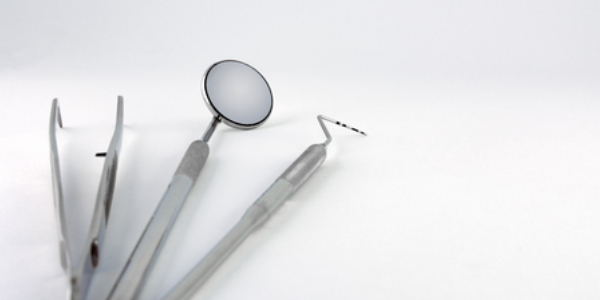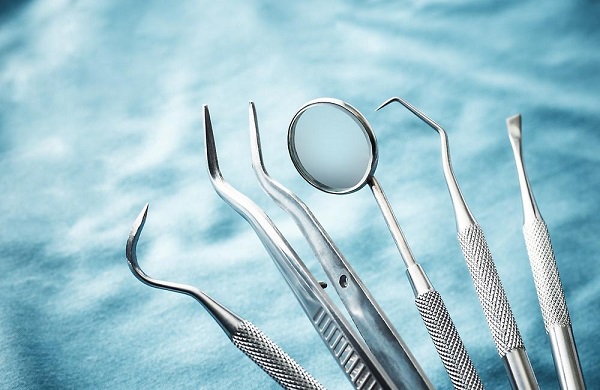How And Why Stainless Steel Instruments Make A Difference In Your Dental Care
Posted onImportant factors to look for in materials for dental tools
All dental care facilities want to give their patients the very best treatments done with care and precaution. If you own such a facility that takes care of every aspect, you will also take the utmost care to choose the type of dental instruments you utilise.
Well-made dental tools have certain qualities that make them worth the investment. Here’s what every dentist looks for when choosing their dental tools:
- Completely non-corrosive, rust-free materials that will survive exposure to any environment.
- Highly durable materials that exhibit good tensile strength and fatigue strength.
- High resistance to wear and tear and good edge retention.
- Easy to clean and maintain.
- Environmentally-sustainable materials can be easily recycled when the old instruments are replaced with new ones.
Stainless Steel: Why it is the best for dental instruments
There are many reasons why Stainless-steels.in recommends stainless steel for your dental instruments. Leading dental care facilities like 4 Squares Dentistry prefer stainless steel for its amazing properties that we will discuss further along in this article.
Why do we recommend stainless steel for dental use?
The reason is very simple: Stainless steel has all the characteristics required to manufacture dental instruments. Also known as Inox, stainless steel is mostly preferred for its very high corrosion resistance. Another highlight is its price point, which is much less when compared to other materials.
The other big advantages of using instruments made of stainless steel are:
- Durability
Stainless steel is synonymous with durability and strength. There’s no such thing as chipping, peeling, breaking, or damaged by heat and chemicals with stainless steel. This amazing quality is also one reason why stainless steel instruments can survive the demands of sterilisation. Despite its amazing fatigue strength and tensile strength, stainless steel is also very ductile, making it easy to design and manufacture instruments to your preference.
- Resistance to wear and tear
Due to its incredible strength, stainless steel can retain its edge retention once a dull instrument is sharpened. This property is crucial for dentists because dull, worn-out instruments can cause harm to the patient during a dental process. Galling and wear resistance are other crucial properties to look out for to ensure the instruments are sharp and precise.
- Easy maintenance
Some of the latest stainless steel dental instruments in the market are coated with micelles to make them extra bacteria-resistant. Stainless steel can also be easily cleaned with sanitising solutions.
- Corrosion resistance
One of the most attractive stainless steel properties is its resistance to corrosion in any environment, made possible by the thin oxide layer on the steel’s surface. The ratio of chromium in the steel also plays an important role in making it corrosion resistant. However, the only downside is that it can discolour or corrode when exposed to bleaching agents or tartaric acid.

Types of stainless steel favourable for dental instruments
Click Here – Manufacturers use either Austenitic stainless steel or Martensitic stainless steel to make surgical instruments. When it comes to dental instruments, there is a whole range of stainless steel with different grades. The most commonly used grades are listed below:
- Type 301: Known for its high resistance, flexibility and strength.
- Type 302: Preferred for its easy fabrication and maintenance and is lightweight.
- Type 304: serves to manufacture a large range of instruments as it is resistant to dyes and organic or inorganic chemicals.
- Type 305: Known for its high strength-to-weight ratio and its attractive finish.
- Type 308: Better than 305, it is preferred for its high ductility, oxidation and heat resistance and is extremely weldable.
- Type 405 & 409: Both grades have great corrosion and oxidation resistance and are used to manufacture tools meant to last for days.
- Types 420, 430, 440: All three grades are great choices for manufacturing dental tools and instruments that exhibit properties of heat resistance, oxidation resistance, ductility, thermal conductivity, and an attractive finish.
High-grade stainless steel is very apt for manufacturing quality dental tools such as probes, dental mirrors, dental pliers, dental explorers, intraoral photography mirrors, diagnostic kits, etc. Stainless steel makes your dental instruments worth the investment and improves the quality of your dental care.



